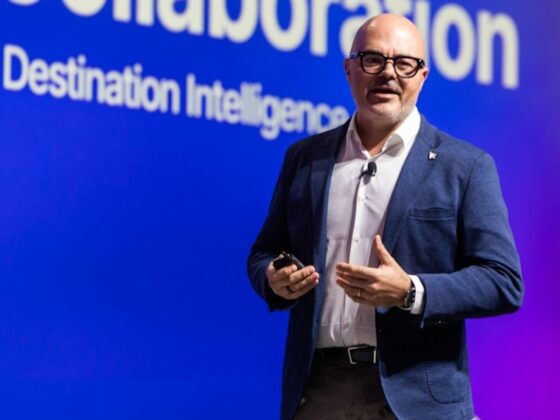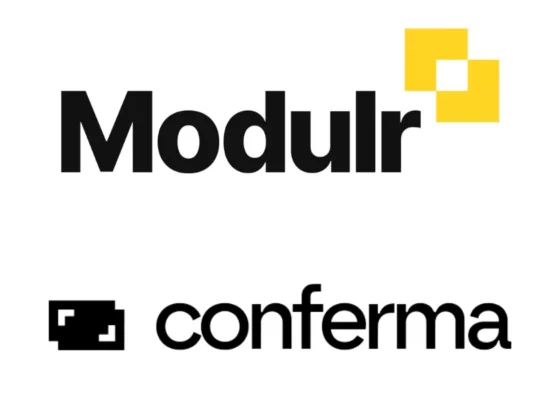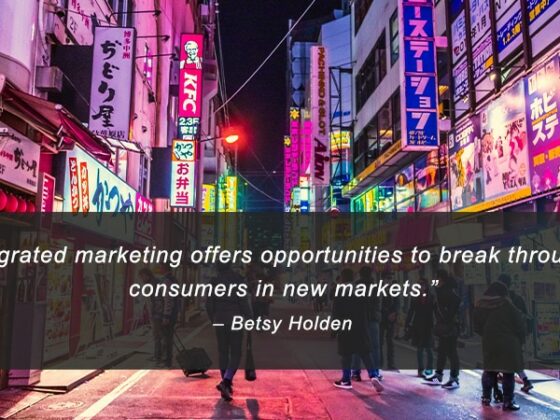
A company’s website serves as a powerful conduit for customer engagement, brand representation, and revenue generation. Nowhere is this more evident than in the hospitality industry, where a hotel website frequently marks the first point of contact with potential guests. Amidst discussions on digital marketing and website management, a pivotal question emerges: where should the control over website content and functionality reside – with its creators or with the businesses they represent, such as hotels striving to enhance their online presence with superior content and features?
The principle of customer-focused website design and management is vital, particularly in hospitality where customer engagement is key to success. Websites should continuously evolve based on customer feedback, preferences, and behaviors. It is therefore important for hoteliers to seek out partners who enable them to remain agile, avoiding the pitfalls of stagnation that could result in a static online presence, ill-equipped to cater to the needs of tech-savvy travelers.
The practice of hotel brands committing to a single partner limits access to a diverse array of tools and perspectives critical in an AI-driven industry. Embracing a variety of technological inputs is essential, especially in AI integration and personalization, as they present unique opportunities for enriching the guest experience. Exclusivity can hinder access to advanced features, diverse AI technologies, and innovative digital strategies, thereby limiting a hotel’s ability to deliver a cutting-edge digital experience. Consequently, it fosters a uniform digital landscape devoid of the creative competition necessary to drive technological progress.
In a rapidly evolving digital landscape, staying attuned to market dynamics is crucial to ensure that a hotel’s website accurately mirrors current market realities and meets evolving guest expectations. Hotels that partner exclusively with a single developer risk missing out on the optimization of essential strategies such as SEO, social media integrations, and data analytics. This oversight can weaken their online visibility and hamper their efforts in customer engagement.
Respecting the autonomy of hotels in selecting their web solutions is not just a matter of fairness but a testament to true partnership. Empowering hotels to choose the most suitable web solutions acknowledges their expertise in understanding their own customer base and business needs. This approach cultivates a collaborative environment where the shared goal is to provide exceptional customer experiences and propel business growth.
ABOUT THE AUTHORS
Michael J. Goldrich, THN’s Chief Experience Officer. After spending nearly two decades in digital marketing and project leadership for multimillion-dollar brands and startups, Michael knows what drives website engagement – and it’s not by leveraging the marketing trend of the month. It’s how well you connect with the potential guests you’re trying to help and communicate your understanding back to them. Connect with Michael on LinkedIn.
Mercedes Blanco, THN’s Chief Partnerships Officer. Mercedes is a corporate leader executive with over 15 years of experience in travel and hospitality. Passionate about creating value through digital-tech solutions, as well as fighting for women empowerment, she is an active member of the Sales Americas Advisory Board at HSMAI, and founding member of Women in Travel THRIVE. Connect with Mercedes on LinkedIn.






